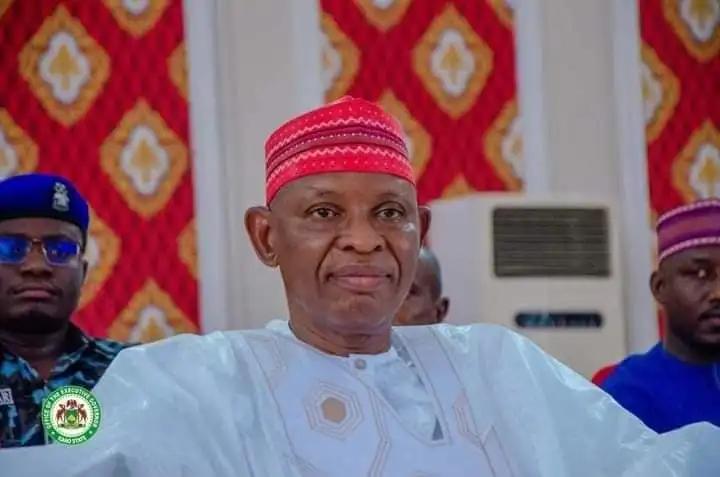
By Abba Hamisu Sani
Africa-Press – Nigeria. In a strategic effort to enhance economic growth and commercial activity, Kano State Governor Abba Kabir Yusuf is unlocking new opportunities through international collaboration.
His recent official visit to Morocco—a North African country with substantial economic potential—highlights his administration’s resolve to accelerate the state’s economic transformation.
As the commercial heartbeat of Northern Nigeria and a significant player in Sub-Saharan Africa’s economy, Kano is seeking to revive its historic trade ties with other African nations—bonds weakened in recent years due to various challenges, including insecurity.
Kano Partners with Morocco in Key Sectors
During the visit, the Kano State Government, led by Governor Yusuf, signed a Memorandum of Understanding (MoU) with the Kingdom of Morocco, targeting key sectors such as energy, agriculture, and trade.
The initiative aligns with the administration’s broader agenda to reposition Kano’s economy and attract foreign investment.
Kano State Commissioner for Information and Internal Affairs, Comrade Ibrahim Abdullahi Waiya, confirmed the development, noting that it followed a high-level investment mission headed by the Governor.
The delegation engaged with several major Moroccan institutions, including the Ministry of Energy Transition and Sustainable Development, the Moroccan Agency for Sustainable Energy (MASEN), the Moroccan Agency for Africa (OCP Africa), and the Casablanca Chamber of Commerce.
A central outcome of the visit is a proposed partnership with MASEN aimed at fostering technical collaboration to support Kano’s transition to renewable energy.
Advancing the Transition to Renewable Energy
MASEN—operator of one of Africa’s largest solar power plants in Ouarzazate, which generates 500 megawatts—has pledged to share its expertise and provide technical assistance for Kano’s “Light Up” Initiative.
The project aims to generate 2,000 megawatts of solar energy over the next five years.
The agreement also covers investment sourcing, financing models, and the deployment of advanced technologies for energy storage and efficient distribution, particularly for industrial applications in Kano.
Furthermore, the Casablanca Chamber of Commerce—a leading private sector institution—expressed interest in collaborating with Kano on renewable energy and solid mineral development.
$10 Billion Investment Potential
The partnership is expected to inject significant momentum into Kano’s economy, with projections estimating potential investments of up to $10 billion over the next five years.
The Kano delegation also held discussions with OCP Africa, one of the world’s largest fertilizer manufacturers.
The company expressed keen interest in supporting Kano’s agricultural sector, proposing initiatives such as the establishment of fertilizer blending facilities, development of efficient supply chain systems, and assistance for smallholder farmers through modern farming technologies.
Analysts Applaud the Initiative
Development expert and public affairs analyst Dr. Kalu Uche praised Governor Yusuf’s international outreach, describing it as a visionary step. He urged other northern governors to adopt similar strategies.
“Attracting investments of this scale is precisely what Kano needs, especially given its rapidly expanding population,” Dr. Uche stated.
“States must work toward building resilient, self-sustaining economies rather than relying solely on federal allocations.
Kano, as the commercial nucleus of Northern Nigeria, should actively pursue avenues to strengthen and expand its economic standing.”
Dr. Uche also commended Governor Yusuf’s proactive leadership, contrasting it with what he called the “indifference” of some of his peers.
“My advice to those who accompanied the Governor is to ensure swift and effective implementation of the MoUs.
Too many promising initiatives have failed in the past due to poor follow-through,” he emphasized.
A Strategic Path to Economic Revival
In conclusion, Kano State’s new international alliances reflect a strong commitment to economic diversification through foreign direct investment.
Experts believe that further international engagement is essential to fully revitalize Kano’s once-thriving industrial sector.
Historically renowned for its industrial vibrancy throughout the 1960s, 70s, and 80s, Kano experienced a steep decline due to power shortages and infrastructure deficits.
This renewed focus on clean energy and strategic investment may very well set Kano on a path toward economic and industrial resurgence.
For More News And Analysis About Nigeria Follow Africa-Press






